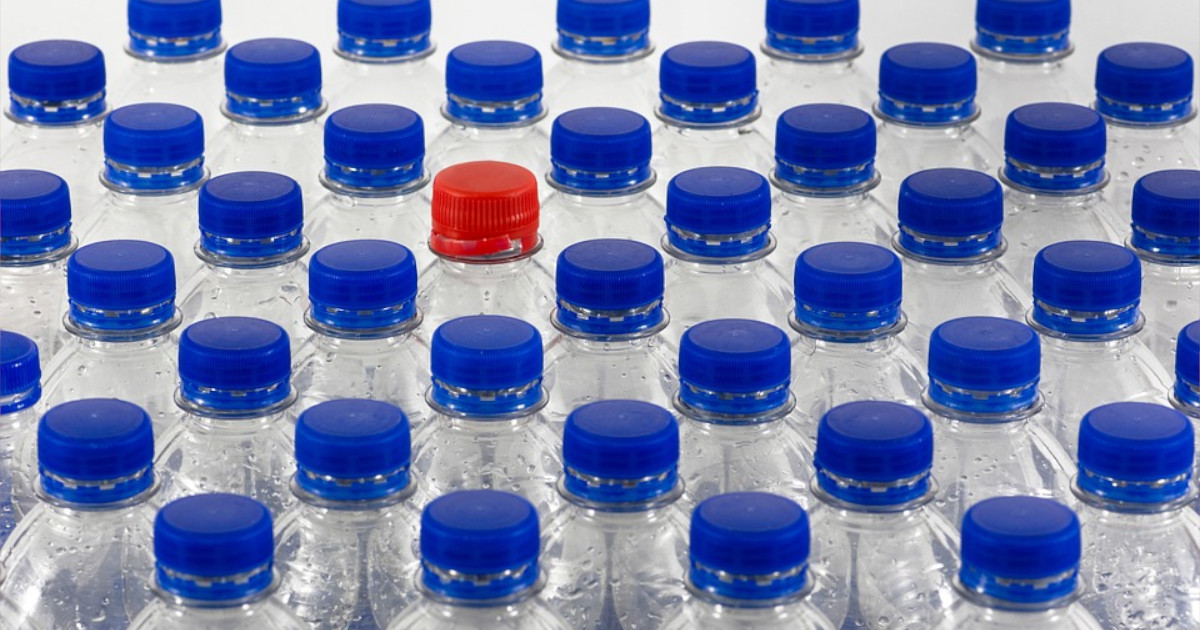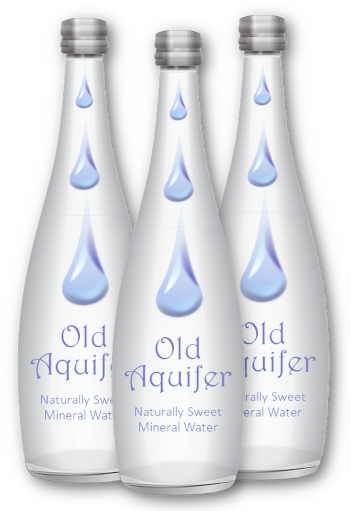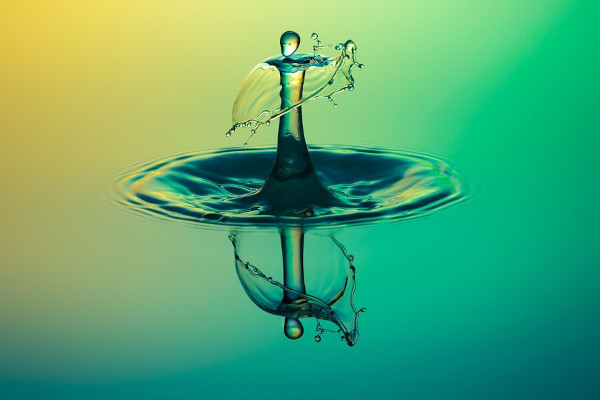Featured Information

The global bottled water industry has been a lucrative market for many years, and its revenue has been steadily increasing. In 2019, the global bottled water market was valued at around $217 billion, according to a report by Grand View Research. The market is expected to continue growing, with estimates projecting a compound annual growth rate (CAGR) of around 7.8% from 2020 to 2027.
There are several reasons behind this expansion, ranging from changing consumer preferences to concerns about water quality and convenience. In answer to the question posed, we will explore the reason for the growth in detail.
Firstly, changing consumer preferences have played a significant role in the growth of the bottled water industry. Consumers are becoming more health-conscious and are increasingly choosing bottled water as a healthier alternative to sugary drinks like soda. With growing awareness about the negative health effects of sugary beverages, many people are opting for bottled water as a way to stay hydrated while avoiding excessive sugar consumption.
Secondly, concerns about water quality have fueled the growth of the bottled water industry. In some regions, tap water may be perceived as unsafe or of poor quality due to issues such as contamination, inadequate infrastructure, or taste and odor problems. Bottled water provides a perceived sense of purity and safety, as it is often marketed as being sourced from natural springs or subjected to rigorous purification processes. Consumers who are uncertain about the quality of their tap water may choose to purchase bottled water as a more reliable alternative.
Furthermore, convenience is another driving factor behind the growth of the bottled water industry. Bottled water is portable and readily available, making it a convenient choice for people on the go. It is often sold in various sizes and formats, including single-serve bottles, larger bottles for home or office use, and even reusable bottles. The convenience of bottled water appeals to individuals with busy lifestyles who value the ability to stay hydrated while traveling, at work, or during outdoor activities.
Marketing and branding efforts have also contributed to the growth of the bottled water industry. Companies have successfully positioned bottled water as a desirable and fashionable beverage choice through effective advertising campaigns and celebrity endorsements. The image of bottled water as a status symbol or a healthy lifestyle choice has been promoted, creating a strong demand among consumers.
In addition, global population growth and urbanization have had an impact on the industry’s expansion. As more people move to urban areas, access to clean and safe drinking water can become a concern. In some regions, the infrastructure for delivering safe tap water may not be able to keep up with the growing demand. Bottled water provides a readily available solution, especially in areas where access to clean water is limited or unreliable.
However, it is important to consider the environmental implications of the bottled water industry. The production, transportation, and disposal of plastic bottles contribute to plastic waste and environmental pollution. Many bottles end up in landfills or as litter in waterways, posing a significant environmental challenge. As sustainability concerns continue to grow, consumers are increasingly seeking alternatives such as reusable water bottles or filtered tap water, which could impact the future growth of the bottled water industry.
In conclusion, the bottled water industry has experienced substantial growth worldwide due to changing consumer preferences, concerns about water quality, convenience, effective marketing, and global population growth. While it meets the demands of health-conscious consumers and those with limited access to clean water, the industry also faces environmental challenges that may influence its future trajectory.



